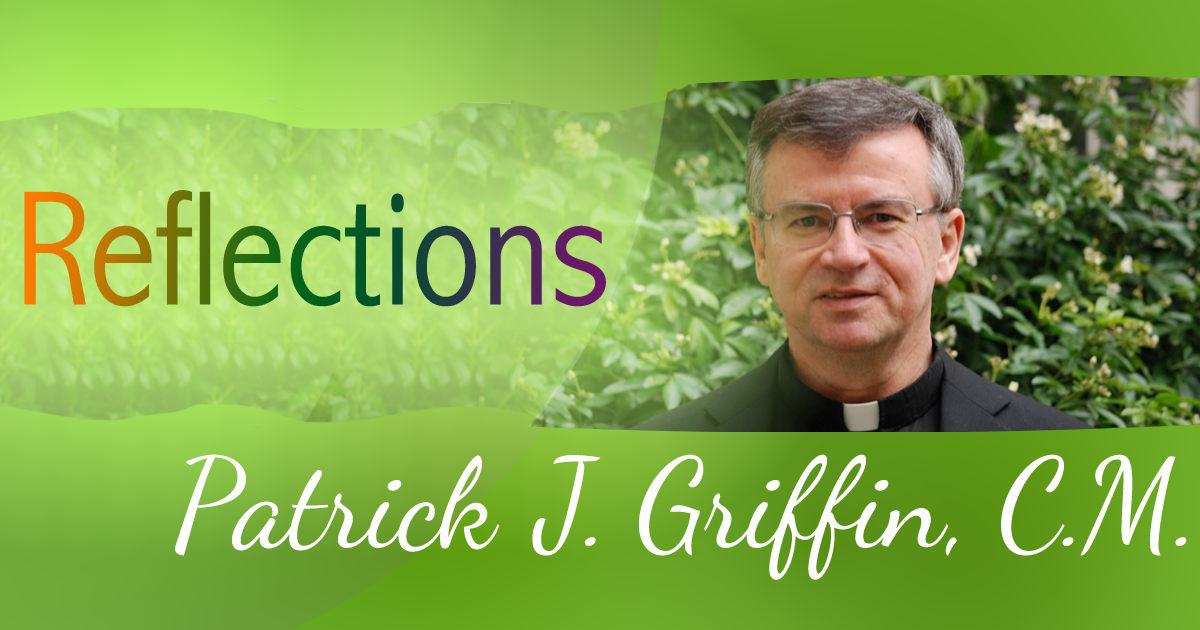
A Vincentian View: Beauty and the Beast
As a child, like most of you, I heard and read the story of “Beauty and the Beast” many times. As an adult, I saw the animated Disney Movie (with Angela Lansbury beautifully singing the title song) and a Broadway version. Now, more than 25 years later, I am looking forward to seeing the current movie incarnation. I love the story and its moral—not to mention the Disney music. It is a story to which I would love to direct children and hear them speak about it afterwards. I think of it as a very Vincentian movie.
The lessons are clear and numerous.
It illustrates more than the saying that beauty is only skin deep. Belle’s suitor in the village is handsome and wicked, but Belle is beautiful and good. The Beast is ugly and good, but the wolves are ugly and wicked.
It teaches that love and self-sacrifice change people. The Beast is willing to let Belle leave because he thinks that it is for her happiness; she is willing to stay because she knows it soothes his loneliness. The generous and gentle attention which they give each other transforms both of them. The effect upon the Beast is clear. Yet, Belle is also made more beautiful as her compassionate soul emerges, as she moves beyond seeing only the surface to the interior, as the need of the Beast summons forth from her a deeper virtue. Perhaps the tale is really about her!
For me, this pleasant story has stood in contrast to another story which has been in our thoughts in the past weeks. The white-supremacist march at the University of Virginia has given us more than a glimpse of ugliness in the midst of violence. Honestly, when you see the videos of the event which are shown over and over again, have you seen one beautiful face in the mob? People chanting racist and anti-Semitic slogans, people threatening and carrying out violence, cannot hope to reveal the beauty of the children of God. How can they reveal the face of Christ when they cannot see its reflection in the faces of their brothers and sisters? As one does ugly things, one demonstrates an ugliness which goes much deeper than any natural advantage a person might have.
The Vincentian message in this reflection is this: if you want to become even more beautiful/handsome, do good things. I do not mean simply doing exercise and eating right, but opening yourself in a fuller way to the care of those who surround us and cry out to us in their need. Vincent cautioned us about how ugly and unpleasant these people may be, but he also invited us to see the beauty of Christ in each of them. As we serve Christ in them, we allow him to take deeper hold of each of us, and we become more beautiful.







0 Comments